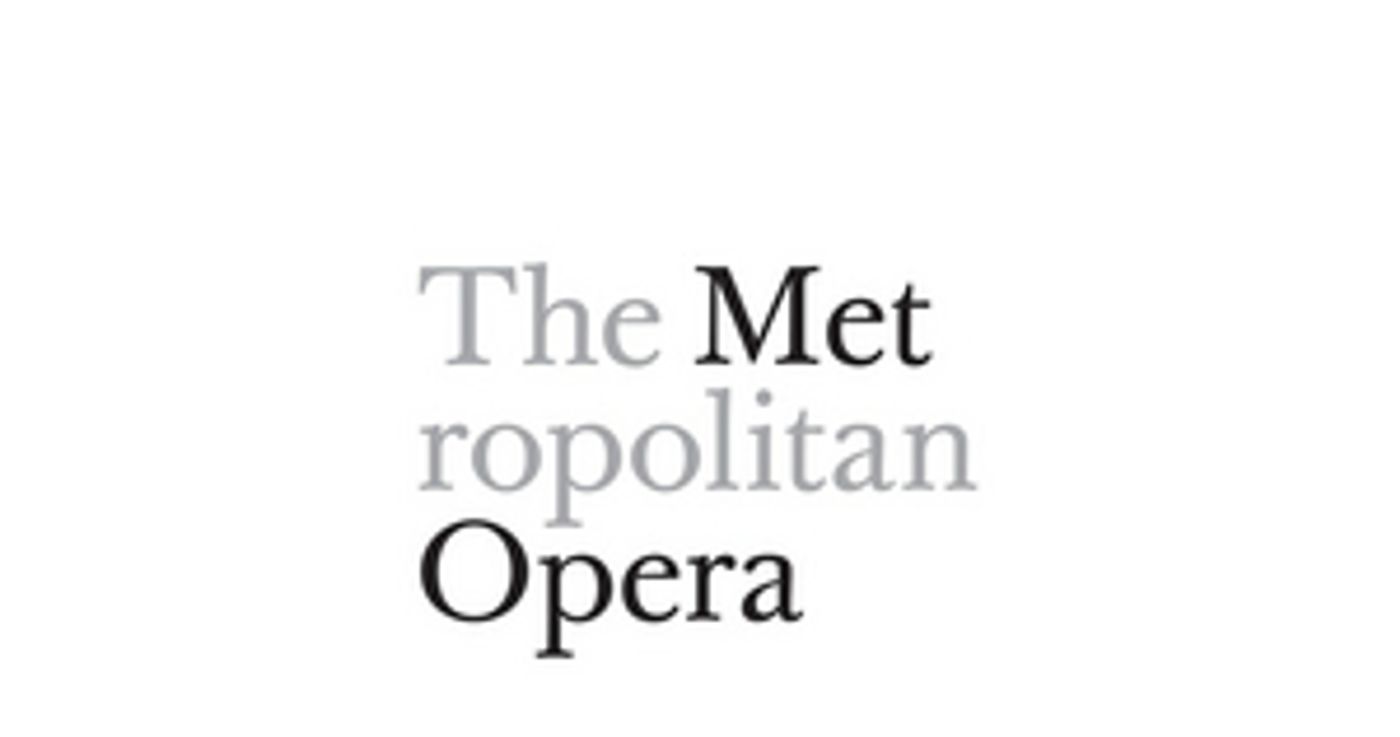The Metropolitan Opera Locks Out Stagehands Amidst Labor Dispute
This comes after the company proposed a long-term pay cut, sparking backlash from the workers' unions.

The Metropolitan Opera said on Monday that it will lock out its stagehands at midnight amidst the labor dispute between the company and the union representing the workers, The New York Times reports.
While the health crisis surges on, The Met, which has furloughed most of its work force without pay since April, has offered to begin paying many employees up to $1,500 a week if their unions agree to long-term contracts that include a 30 percent cut in pay. Half of those cuts would be restored once the Met begins bringing in the money it brought in pre-pandemic.
However, the unions believed that this was unfair to their members, saying that they could not handle this long-term financial loss after going months without pay.
"I realize it is incredibly painful what we're asking them to do," Peter Gelb, the Met's general manager, said in an interview. "But what we're trying to do is keep the Met alive, and the only way to achieve that is to reduce our costs."
The lockout began at midnight on Tuesday, and the stagehands currently working on projects are no longer able to work. Gelb said that if an agreement is not reached by the spring and summer, many more employees will end up out of work.
"To do this during a deadly virus is just ridiculous," James J. Claffey Jr., the president of Local One. "But that's their leverage at this point."
Adam Krauthamer, the president of the union that represents the orchestra, Local 802 of the American Federation of Musicians, also denounced the stagehand lockout, saying that the Met's revival "should not be at the expense of the very workers who quite literally make the organization function behind the scenes."
Read more on The New York Times.
Videos

